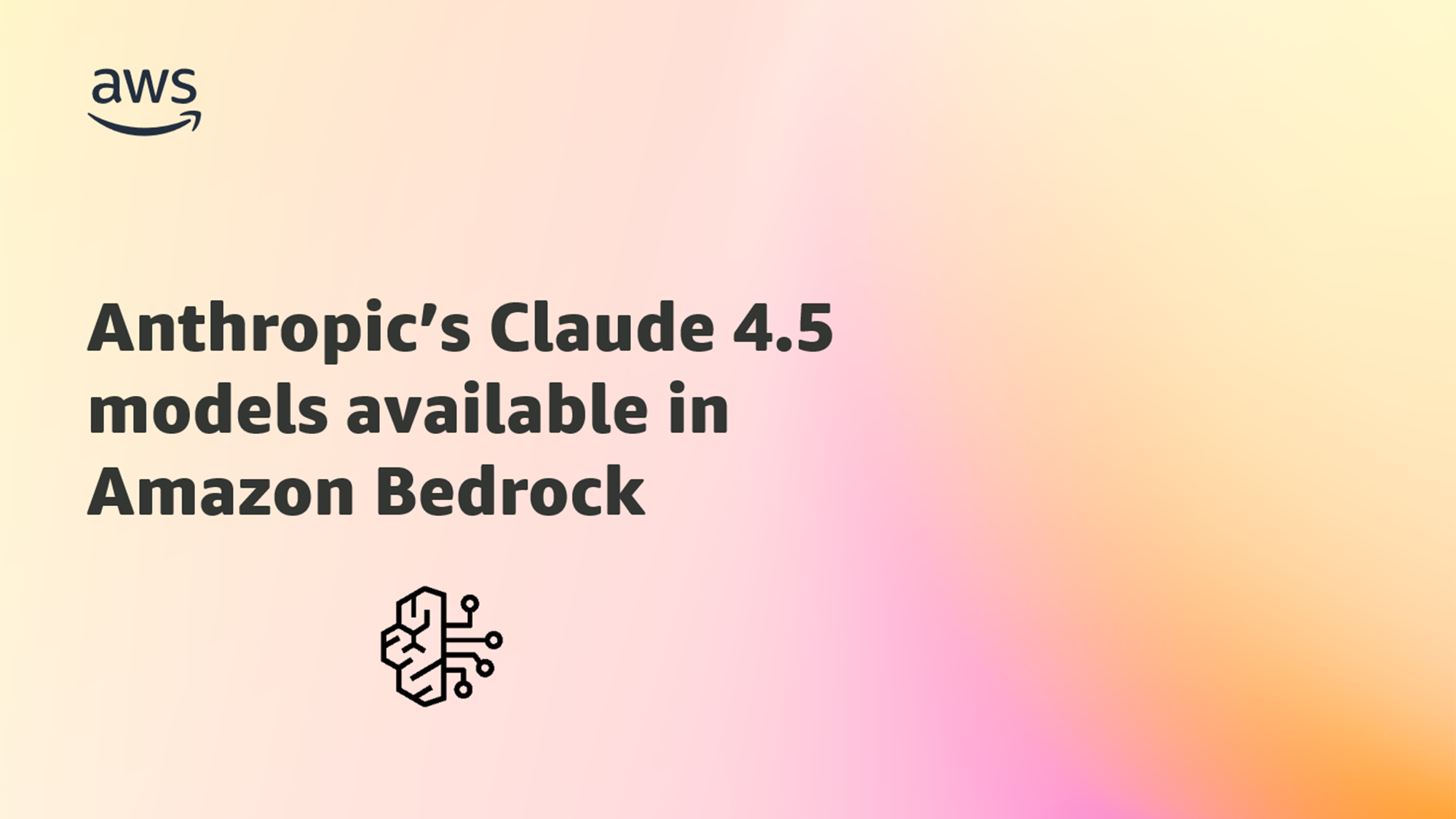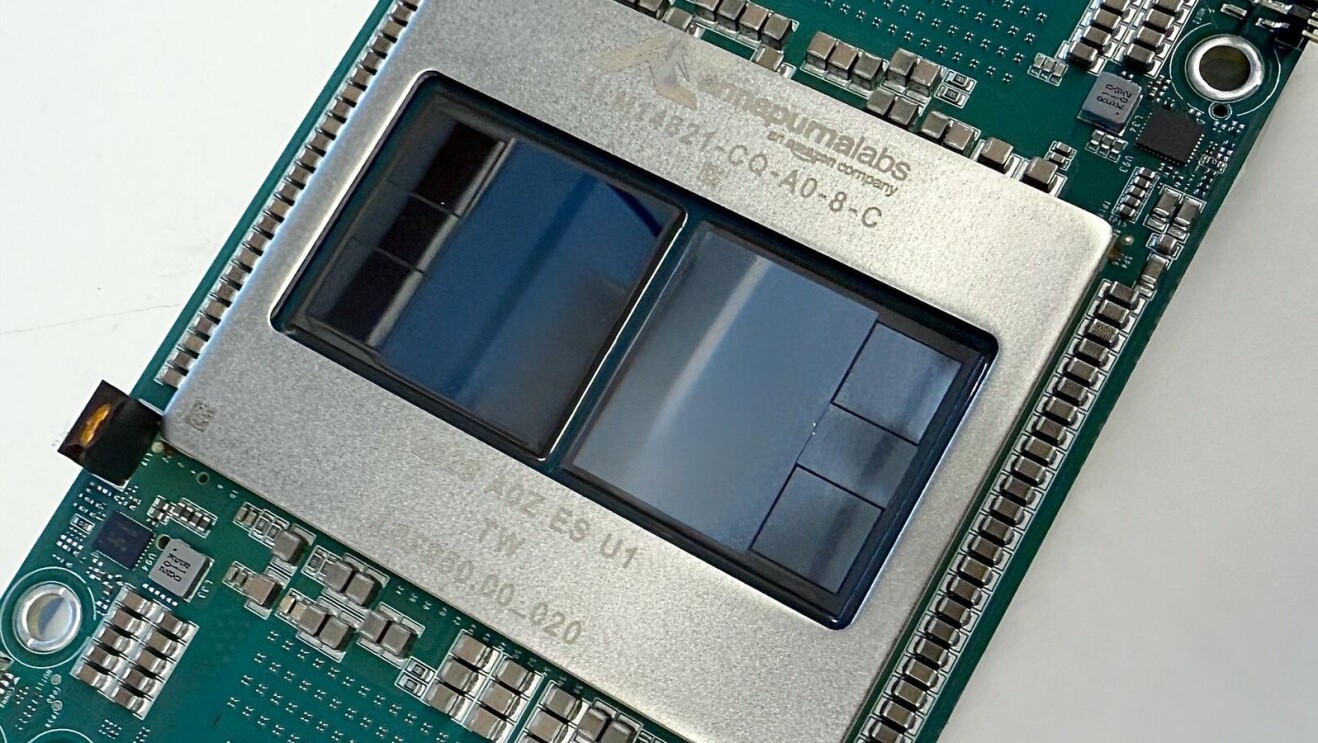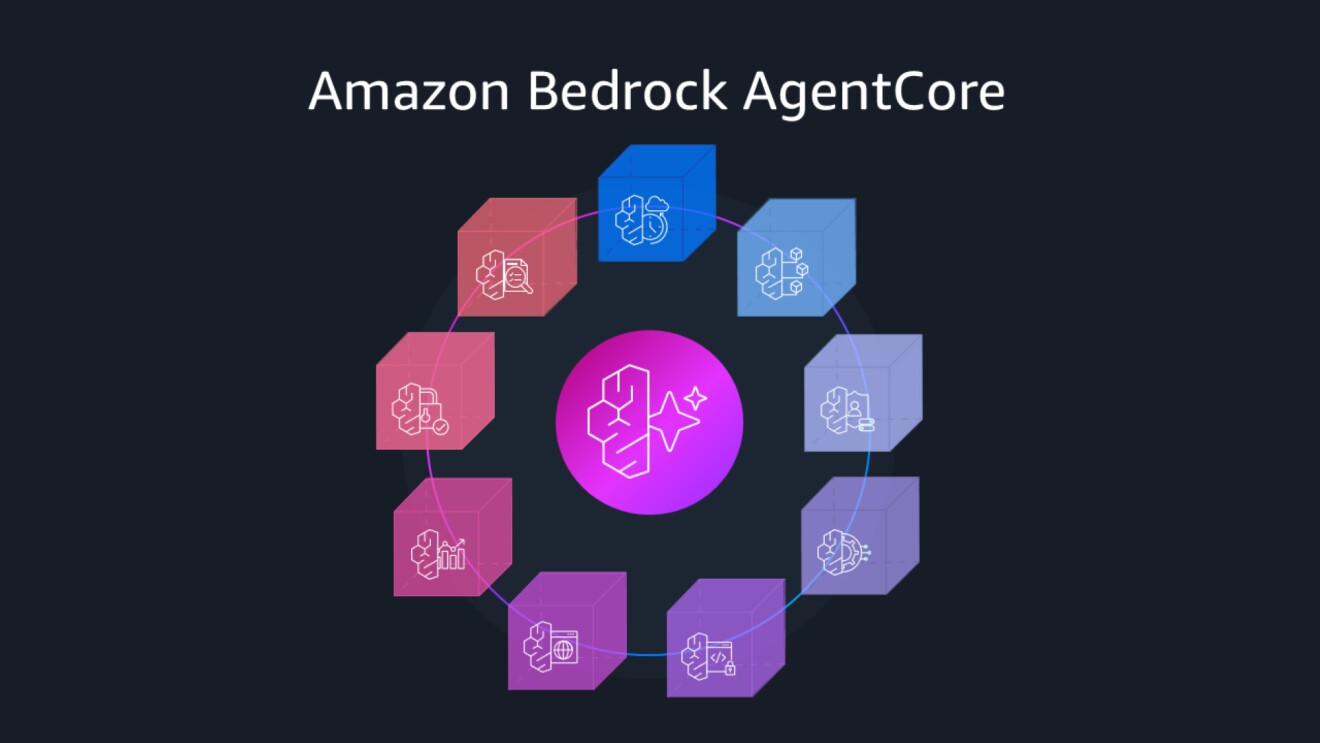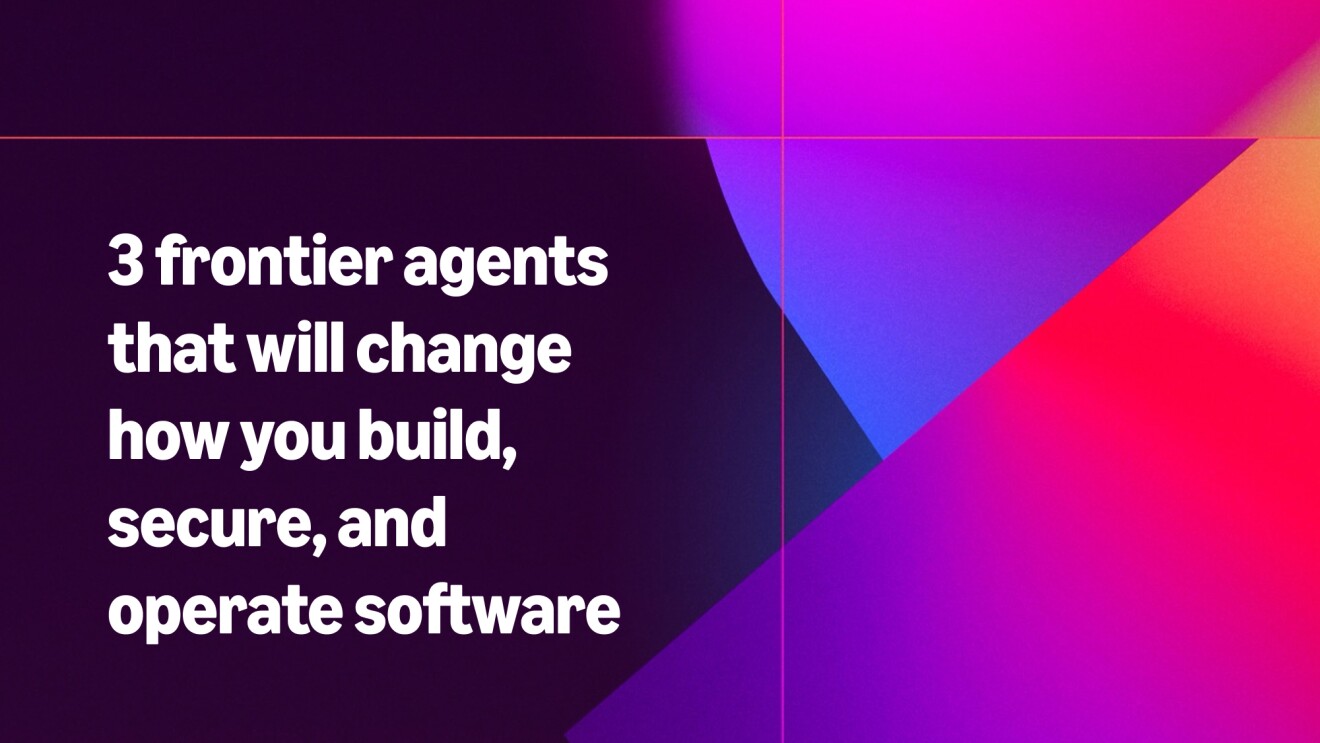November 24, 2025: This article has been updated to reflect the availability of Claude Opus 4.5.
October 15, 2025: This article has been updated to reflect the availability of Claude Haiku 4.5.
September 29, 2025: This article has been updated to reflect the availability of Claude Sonnet 4.5.
August 5, 2025: This article has been updated to reflect the availability of Claude Opus 4.1.
October 15, 2025: This article has been updated to reflect the availability of Claude Haiku 4.5.
September 29, 2025: This article has been updated to reflect the availability of Claude Sonnet 4.5.
August 5, 2025: This article has been updated to reflect the availability of Claude Opus 4.1.
Key takeaways
- Hybrid reasoning Claude 4.5 models let customers choose between near-instant responses and deeper reasoning.
- These models transform how businesses deploy AI for both complex tasks and everyday high-volume operations.
- Claude 4.5 models are designed to power more capable, autonomous AI agents for multi-step workflows across thousands of steps.
- Claude Haiku 4.5 delivers fast and cost-effective near-frontier intelligence to power scaled sub-agents and free products.
- Claude Opus 4.5 is Anthropic’s most advanced model, setting a new standard for coding, agents, and computer use, and office tasks.
Amazon Web Services (AWS) has announced the availability of Claude Opus 4.5 in Amazon Bedrock, which joins the existing Claude models available to customers, including the recently launched Claude Haiku 4.5 and Claude Sonnet 4.5.
These hybrid reasoning models (meaning they can toggle between near-instant responses and extended thinking) have set new standards across coding, advanced reasoning, and multi-step workflows. This generation of Claude models spans the development lifecycle, with Claude Opus 4.5 setting new standards for sophisticated coding and agentic workflows, Claude Sonnet 4.5 sitting at the sweet spot for rapid iteration and scaled use cases, and Claude Haiku 4.5 offering the best combination of performance, price, and speed for scaled sub-agent and free tier products.
The expansion of Claude models available in Amazon Bedrock enhances customers’ AI choices with increasingly advanced models, simplifying how customers build better, more transformative applications with enterprise-grade security and responsible AI controls.
Why you should care
The latest Claude models fundamentally change how teams approach both complex and latency-sensitive projects.
- Claude Opus 4.5 is Anthropic’s most capable model and best vision model to date. Claude Opus 4.5 sets a new standard across coding, agentic workflows, and computer use, enabling sustained performance on complex, long-running tasks and powering AI agents capable of doing hours of work in minutes. Claude Opus 4.5 also excels at office tasks, powering agents that produce professional documents, spreadsheets, and presentations with consistency for industries that require precision such as finance. Customers should use Claude Opus 4.5 for their production level use cases and for use cases that warrant frontier performance.
- Claude Haiku 4.5 is Anthropic’s most efficient model, delivering near-frontier performance quickly and cost effectively. Specifically, Claude Haiku 4.5 matches Claude Sonnet 4 performance on coding, computer use, and agentic tasks, making it well suited to power scaled sub-agent deployments, budget-constrained applications, and free products. In addition, the speed of Claude Haiku 4.5 makes agents using computers faster and more responsive, and is advantageous for use cases where response time is critical, like customer service agents and chatbots.
- Claude Sonnet 4.5 is Anthropic’s powerful, mid-sized model, combining strong reasoning with efficient performance. It is ideal for simpler coding workflows, agents with fewer tools, and fast prototyping development cycles. It demonstrates enhanced knowledge across finance, research, and cybersecurity, supporting use cases like financial forecasting, vulnerability detection and patching, and content generation.
All models include an optional “extended thinking” mode, which allows Claude to perform deep reasoning before taking action.
Meet the AI
Claude Opus 4.5 is a meaningful step forward in what AI systems can do. Opus 4.5 raises the bar for AI performance, bringing exceptional capabilities in coding, document creation, and tool use, while making professional-grade AI more accessible and scalable than ever before. Think of Claude Sonnet 4.5 as an everyday collaborator that can work independently for hours without missing a beat, expertly juggling multiple complex tasks across coding, financial analysis, and research while consistently delivering polished, actionable results that make everyone's job easier. Like an energetic and efficient collaborator, Claude Haiku 4.5 can handle a variety of tasks with remarkable speed and performance—whether it’s enabling customer chatbots or powering free-tier experiences and sub-agents.
Straight from the source: Anthropic on Claude
"Claude models consistently set new standards in coding, advanced reasoning, and multi-step workflows while understanding full business contexts and delivering precise results," Kate Jensen, head of Growth and Revenue of Anthropic, said. "The real breakthrough is freeing your talent for strategic work while Claude handles the heavy lifting."
Crunching the numbers
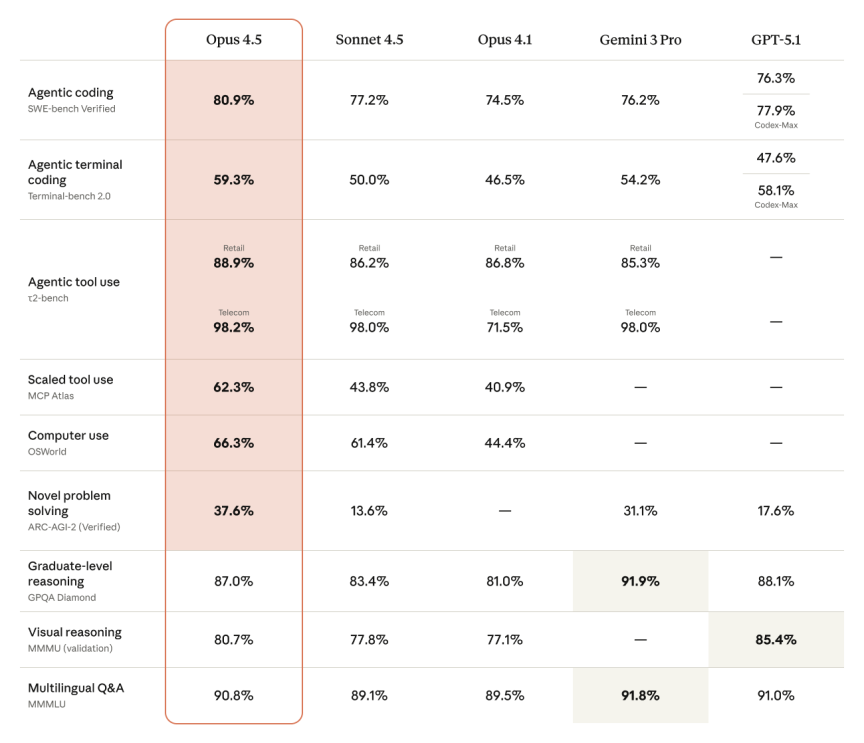
- Claude Opus 4.5 is Anthropic’s best model for production code and sophisticated agents, achieving a new state-of-the-art 80.9% on SWE-bench Verified. Claude Opus 4.5 also outperforms Anthropic’s prior models on vision, achieving 80.7% on MMMU (validation).
- According to Anthropic, Claude Sonnet 4.5 advances its state-of-the-art coding performance to 77.2% on SWE-bench and to 82% when evaluating multiple answers simultaneously (i.e., parallel test-time compute), showing stronger judgment on refactoring and generating production-ready code more effectively for frontier coding agents and critical coding tasks. Meanwhile, Claude Haiku 4.5 scores 73.3% on SWE-bench, indicating its usefulness for parallelized execution, coding and sub-agents.
- Beyond coding, Sonnet 4.5 offers new memory capabilities (ability to save, maintain, and reference information over time) and improves Claude’s agentic capabilities with enhanced ability to coordinate with sub-agents. The model also is more consistent, follows directions better, and is more creative in problem solving, making it well suited for enterprise customers.
- The models can switch between providing a quick, direct answer and step-by-step thinking—improving performance for multi-step workflows by substantial margins on key industry benchmarks.
The bigger story
This next generation of Claude models represents a significant leap forward in agentic AI capabilities, transforming how businesses can deploy AI for both specialized complex tasks and everyday high-volume operations. Rather than simply generating content, Claude 4.5 models function more like expert virtual collaborators—maintaining focus across complex tasks, preserving relevant context, and delivering complete solutions without constant guidance. This capability transforms how organizations can tackle challenges from developing software systems to creating comprehensive marketing strategies. For everyday users, it means working with AI that better understands their needs and can take on more significant portions of projects independently.
What's around the corner?
According to Anthropic, the latest generation of Claude models points toward a future where AI systems become increasingly capable partners in both creative and knowledge work. For example: taking on more specialized roles in organizations like handling routine analysis, coordinating across departments, and even managing complete workflows with minimal oversight.
Dive deeper
Visit Anthropic’s Claude in Amazon Bedrock product page. for more detailed information on Claude Opus 4.5, Claude Haiku 4.5, Claude Sonnet 4.5, Claude Opus 4.1, and Claude Sonnet 4.
Trending news and stories
